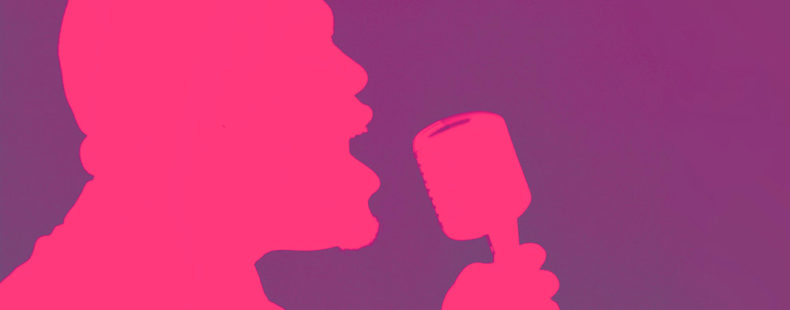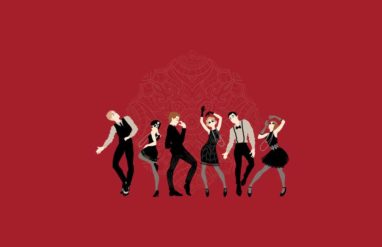Don’t be cruel
Remember hearing this one from your parents or grandparents . . . “don’t be cruel to your brother!”
Well, it actually originated from the song titled “Don’t Be Cruel,” by Elvis Presley. However, in the song the phrase is more of a plea from someone in love to their partner (than a scolding for siblings). Nonetheless, the song was an instant hit and helped propel Presley into stardom, which in turn, launched the catchphrase.
Maybe, you also remember this other well-known Elvis saying . . . Elvis has left the building. When Elvis was “King,” the phrase was used to let fans know that the concert was over and Elvis wouldn’t be singing any more encores . . . and now Dictionary.com has left the lyrical-catchphrase building as well.
























